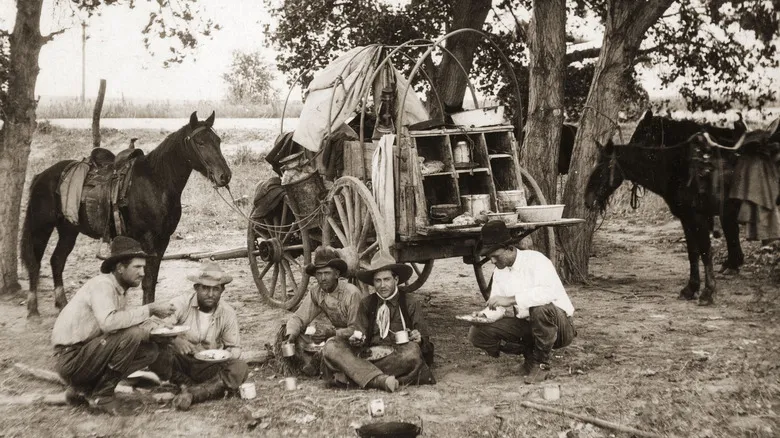The leap from wagon to truck
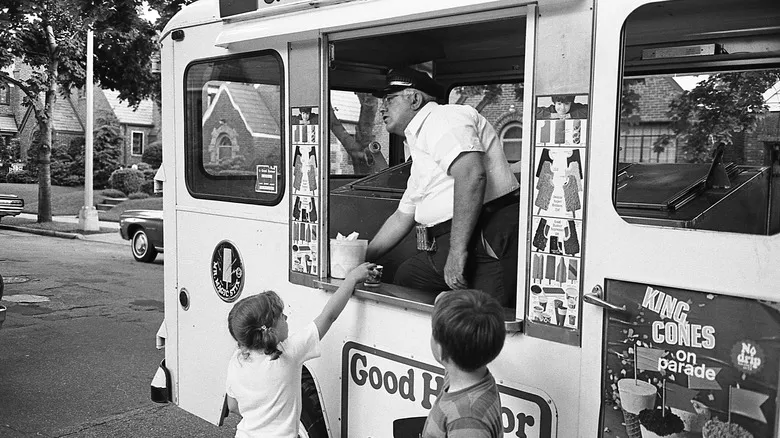
With the rise of automobiles and trucks at the close of the 19th century, it was only natural that an evolution from the traditional chuck wagon would soon follow. One could argue that the first contemporary "food truck" emerged in 1936 with the iconic Oscar Mayer Wienermobile. This enormous hot dog on wheels traveled across the nation, promoting and selling their famous franks.
In the 1950s, America welcomed the ice cream truck, which remains a cherished part of childhood today. These trucks would play catchy jingles as they cruised through neighborhoods, delivering nostalgic treats to eager children. As vehicle design advanced, allowing for larger, more modern trucks equipped with fully functional kitchens, the so-called "roach coach" came into existence. Although the term carries a somewhat negative connotation, referencing their previously dubious health standards, these trucks have become mobile convenience stores. Primarily catering to large groups, such as construction crews, they offer a wide array of meals and snacks to satisfy every craving during a long workday.
The modern food truck is here to stay
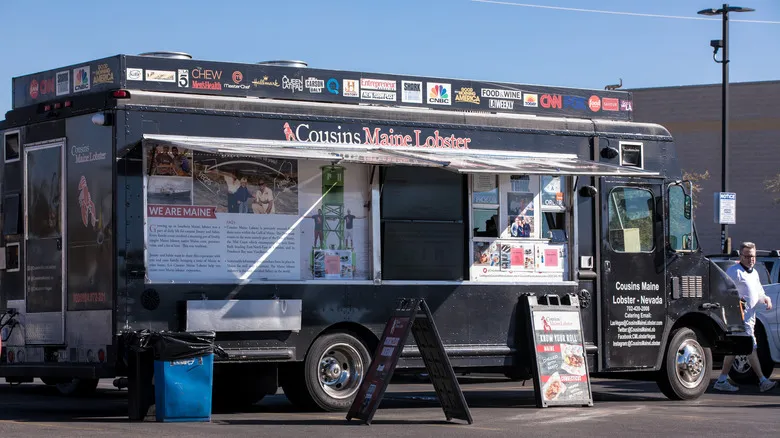
With origins stretching back over a century — and a brief, unfortunate association with the roach coach — the contemporary food truck has become an enduring fixture that shows no signs of fading away. Offering everything from lobster rolls to nutritious options like protein shakes and grain bowls, food trucks have evolved significantly from their humble beginnings of serving biscuits on the frontier.
These mobile eateries provide diners with something that traditional brick-and-mortar restaurants often lack: a diverse array of cuisines available on demand and at relatively affordable prices. Exploring food trucks can be an excellent way to discover hidden gem eateries when you’re in a new location. Whether you need a quick meal during a busy workday or are attending a festival to sample a variety of dishes, you can count on finding a food truck that meets your culinary cravings. It’s clearer than ever that the pioneers of this movement were onto something truly remarkable.
Recommended

How Thai Rolled Ice Cream Made It To The US And Beyond

Why The Heck Are Sprinkles Also Called Jimmies?
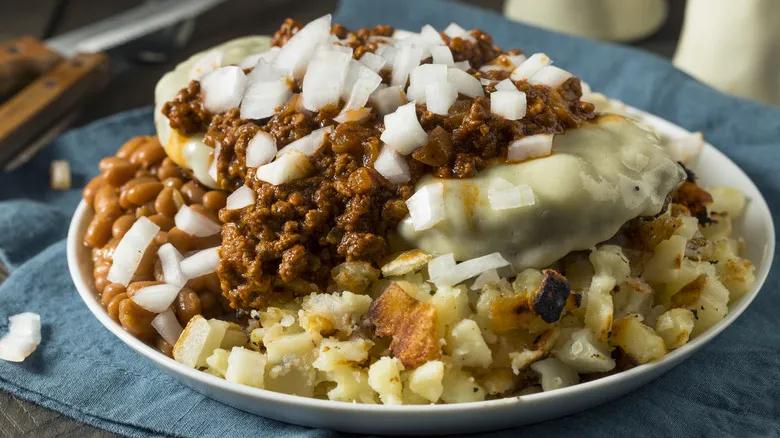
The Garbage Plate May Sound Unappetizing But It's A Staple Comfort Food In Rochester
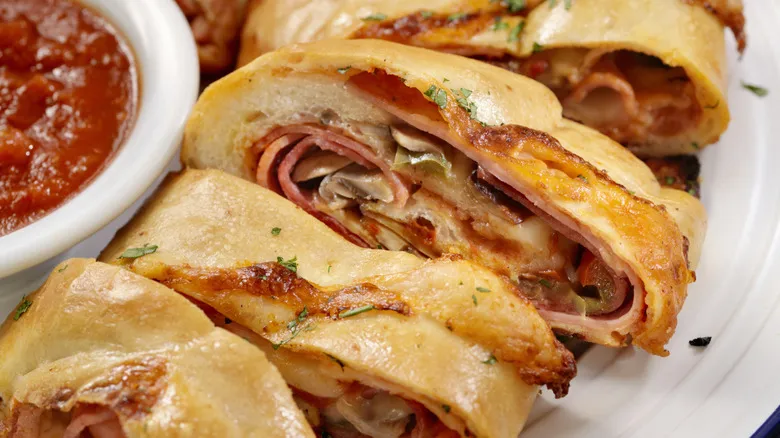
What's The Difference Between A Stromboli And A Calzone?
Next up

